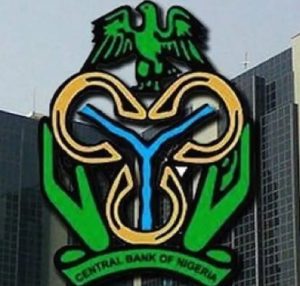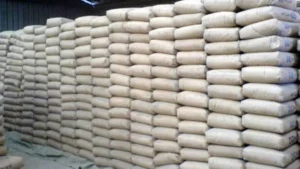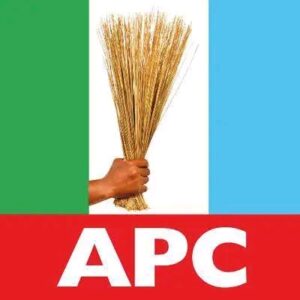
The landing cost of premium motor spirit (PMS) has dropped to N774.82 per litre, making it cheaper than the ex-depot price of Dangote Refinery’s fuel, which remains at N825 per litre.
This is according to the latest Competency Centre Daily Energy Data released by the Major Energies Marketers Association of Nigeria (MEMAN) on Tuesday. The report indicates that the estimated import parity cost into tanks has reduced by N152.56 (16.5%), down from N927.48 per litre recorded on February 21, 2025.
The drop in landing cost aligns with the persistent decline in global crude oil prices. As of Wednesday, March 12, 2025, Brent Crude had fallen to $70 per barrel, while US WTI dropped to $66.70, compared to $76 and $69 in February. This decline has directly impacted the cost of fuel imports, bringing it down to N774.82 per litre, according to MEMAN data.
With this trend, petrol prices may decline further, potentially reaching N800 per litre, down from the current retail prices of N860–N880 per litre in Lagos and Abuja.
At the beginning of March, NNPC and Dangote Refinery reduced their petrol retail prices to N860 and N880 per litre, respectively. However, the latest drop in the landing cost is expected to intensify competition between Dangote Refinery, NNPC, and independent fuel importers.
Speaking on the development, Chinedu Ukadike, spokesperson for the Independent Petroleum Marketers Association of Nigeria (IPMAN), stated that petrol prices could fall to N800 per litre if crude oil prices continue to decline.
“Crude oil is a major component in fuel production, so a further reduction in its price would definitely lead to a drop in petrol prices. It is possible for prices to fall to N800 per litre,” Ukadike said.
Similarly, Billy Gillis-Harry, President of the Petroleum Retailers Outlets Owners Association of Nigeria (PETROAN), has called for a petrol price stability framework to protect retailers and marketers from losses. He also advocated for increased competition in the downstream petroleum sector.
“This will drive healthy competition and ensure that domestic petrol prices do not exceed import parity, providing both affordability and sustainability,” he said.
Despite Dangote Refinery’s fuel production, fuel importation has continued due to concerns over market competition, pricing, and inadequate production capacity. Data from the National Bureau of Statistics (NBS) reveals that petrol imports surged by 105% to N15.4 trillion at the end of 2024.
With the ongoing fluctuations in crude oil prices and growing competition among petroleum marketers, all eyes are on the market to see if petrol prices will indeed drop to the projected N800 per litre in the coming days.




![[PHOTOS] Offa Students Union N/HQ Secures 40 Slots In MOK Foundation’s 2026 JAMB Scholarship](https://newsbulletin.com.ng/wp-content/uploads/2026/02/1770395610721-300x300.jpg)



